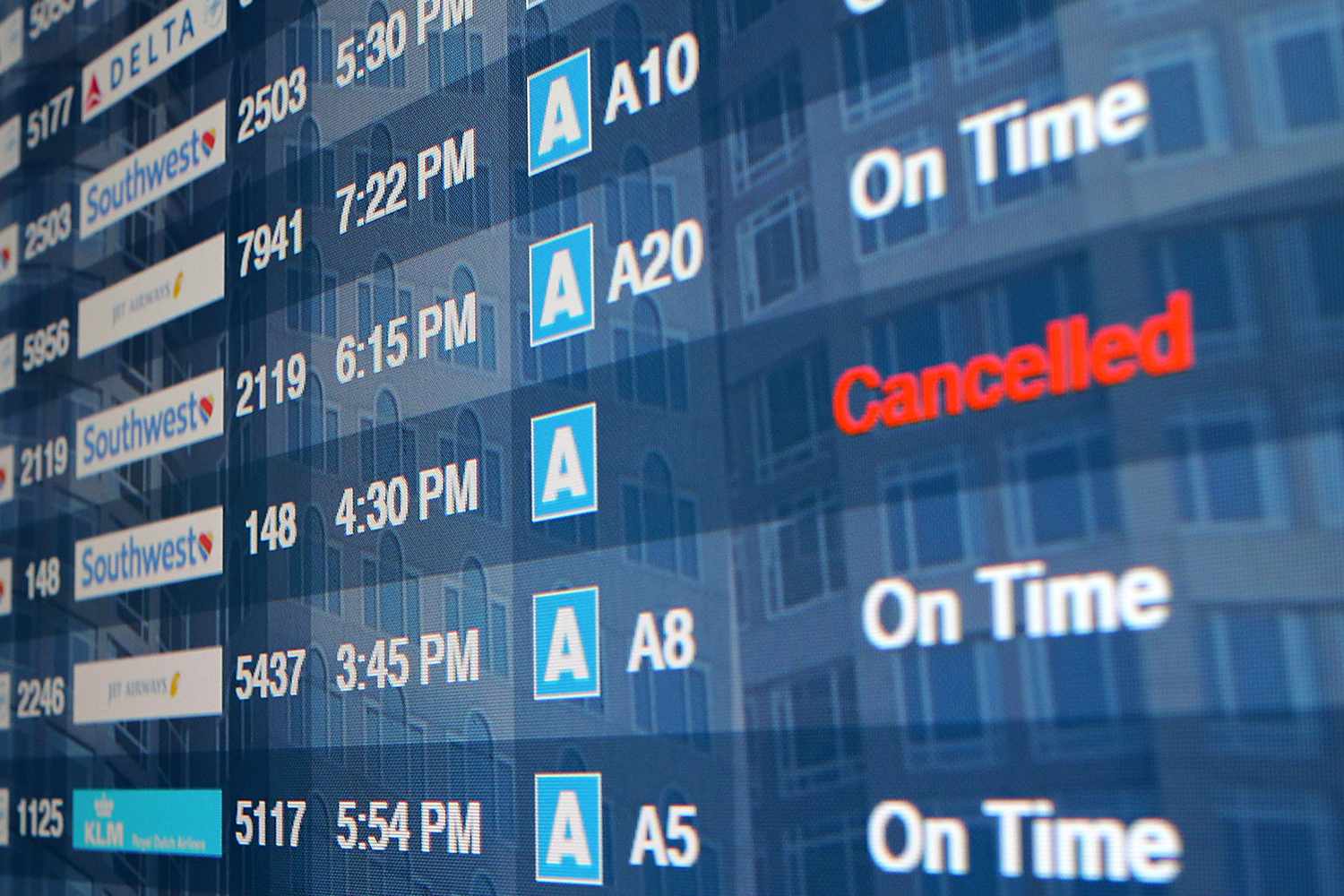How to Handle Flight Cancellations and Delays
Flight cancellations and delays are an unfortunate reality of air travel. While they can be frustrating and inconvenient, knowing how to handle these situations can help reduce stress and ensure you reach your destination as smoothly as possible. Here are some tips and strategies to manage flight cancellations and delays effectively.
Stay Informed
1. Sign Up for Alerts: Most airlines offer flight status alerts via email, text, or their mobile apps. Sign up for these notifications to stay updated on any changes to your flight schedule.
2. Monitor the Weather: Bad weather is a common cause of flight disruptions. Keep an eye on the weather forecast for both your departure and arrival cities.
3. Check Flight Status Regularly: Use airline websites or apps to check your flight status periodically, especially as your departure time approaches.
Act Quickly
1. Contact the Airline Immediately: If your flight is canceled or significantly delayed, contact the airline’s customer service as soon as possible. This can be done via phone, the airline’s app, or social media.
2. Rebook Your Flight: Most airlines will rebook you on the next available flight at no extra charge. However, it’s a good idea to explore other flights and suggest them to the airline representative.
3. Use Self-Service Kiosks: Many airports have self-service kiosks where you can rebook your flight without waiting in long lines.
Know Your Rights
1. Understand Airline Policies: Familiarize yourself with the airline’s cancellation and delay policies. Some airlines offer compensation for significant delays or cancellations, including meal vouchers, hotel accommodations, or refunds.
2. EU Regulation 261/2004: If you’re flying within, to, or from the European Union, you may be entitled to compensation for delays over three hours or cancellations without sufficient notice.
3. U.S. Department of Transportation Rules: In the United States, airlines are required to refund your ticket for cancellations and significant delays, regardless of the reason.
Be Prepared
1. Pack Essentials in Your Carry-On: Always pack important items like medications, toiletries, a change of clothes, snacks, and electronics in your carry-on bag. This ensures you have what you need in case of a delay.
2. Have a Backup Plan: Research alternative flights and routes ahead of time. Knowing your options can save valuable time if you need to rebook.
3. Keep Important Contacts Handy: Have the contact information for your airline, travel insurance provider, and accommodation readily available.
Stay Calm and Positive
1. Practice Patience: Flight disruptions are often beyond anyone’s control. Staying calm and patient can help you navigate the situation more effectively.
2. Seek Assistance: Airline staff are there to help. Be polite and courteous, and they’ll be more likely to go the extra mile for you.
3. Use Lounge Access: If you have access to an airport lounge, use it to relax and refresh while waiting for your next flight. Lounges often provide comfortable seating, Wi-Fi, snacks, and drinks.
Take Advantage of Downtime
1. Explore the Airport: Many airports offer a variety of amenities, including shops, restaurants, and even spas. Use the extra time to explore and enjoy these facilities.
2. Catch Up on Work or Entertainment: Use the delay to catch up on emails, read a book, or watch a movie. Many airports provide free Wi-Fi for passengers.
3. Connect with Fellow Travelers: Share your experiences and tips with other travelers. You might even make new friends or gain useful advice.
Consider Travel Insurance
1. Coverage for Disruptions: Travel insurance can cover expenses related to flight cancellations and delays, such as hotel stays, meals, and alternative transportation.
2. Peace of Mind: Having travel insurance provides financial protection and peace of mind, allowing you to focus on enjoying your trip.
By staying informed, acting quickly, knowing your rights, and being prepared, you can handle flight cancellations and delays with confidence. While disruptions are never pleasant, these strategies can help you minimize their impact and continue your journey with minimal stress.







Comments are closed